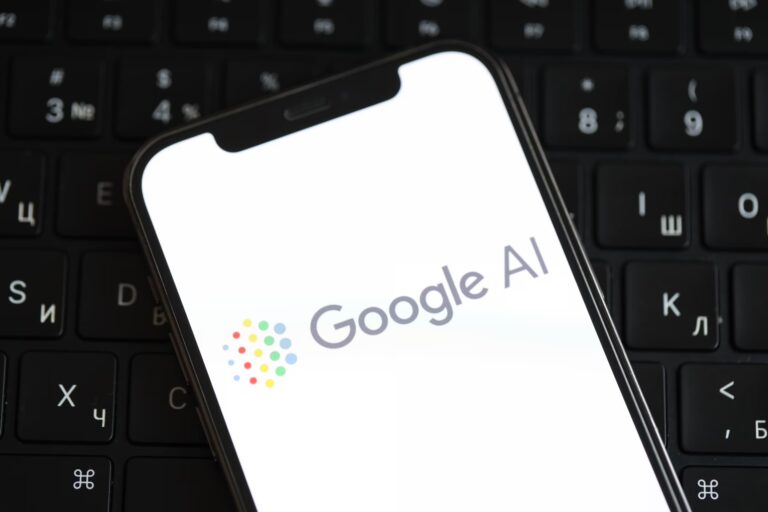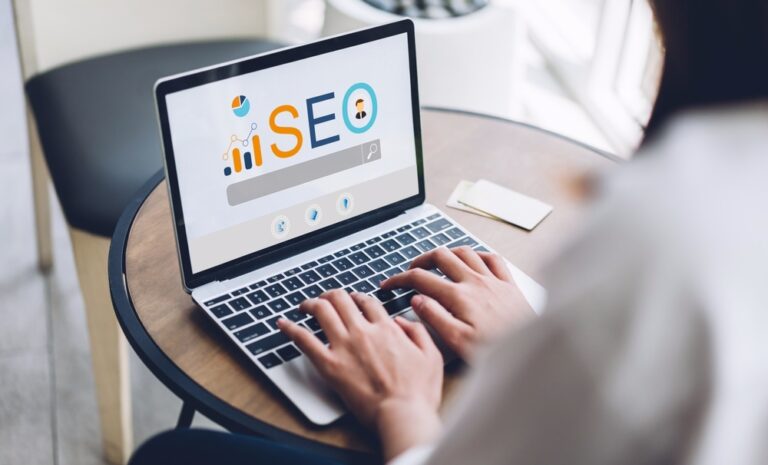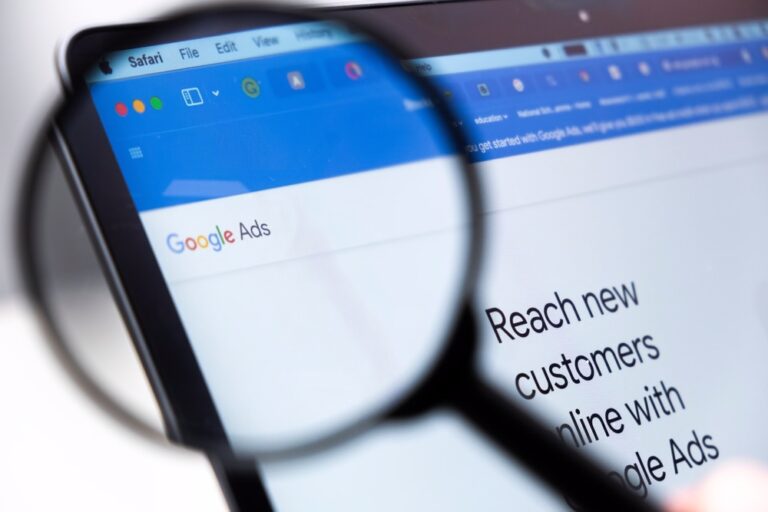2021 is a welcome sight for almost everyone on the planet after what has to be one of the worst years in collective memory.
Societal and health issues aside, what can we expect in 2021 in regard to digital marketing trends and how businesses engage audiences?
2020 has fundamentally changed how we spend our time, and this is set to continue for a good portion of 2021. Hopefully by the summer we can go outside and enjoy the outdoors with family and friends. But there will still be lingering reasons to adopt social distancing and other measures which pertain to online activities and a lack of travel.
It is worth considering your digital marketing strategy for 2021 sooner rather than later. While it’s been an unpredictable year, this year is set to be equally unpredictable in terms of timescales. However, there is definitive hope in the near-future, rather than the unknown we lived through in much of 2020.

Below we have highlighted some of the trends which impact how brands utilise digital marketing, and the marketing tools and platforms which are worth evaluating in 2021 and beyond.
The WFH crowd
More people are working from home due to the pandemic and the fact that technology makes working from home simpler than ever before. Employers were forced to allow more people to work from home, and in doing so, many businesses and employees has found that these new circumstances are actually beneficial.
With this move, you have to reconsider your digital marketing. How, when and where will you push your marketing campaigns and/or messages?
It may make less sense to target a time when people may normally be on a train home, or bored on a lunch break. The possibilities for at-home lunch breaks are much more broad than those at work.
More people will be outside major cities too. So if you are targeting urban areas, it may be worth expanding these out in order to capture more of the market which may reside and work in the suburbs or further afield.
Virtual events
As more people work from home, and events unable to take place, virtual events made perfect sense in a lockdown.
However, now people may be reconsidering future events. For the attendee, there is time in travel, transport costs, hotel pricing and much more to consider. With a virtual event, you simply click a link and watch a screen.
While it’s clear than physical events won’t go anywhere, as otherwise we will enter a dystopian nightmare of only socialising on screens, certain meetings or events make sense to move online permanently.
When it comes to digital marketing, you may have already been pushing for events or webinars online. But if you traditionally had or attended events in-person which aided or enabled your marketing, then it is worth thinking about how this trend could impact your future efforts. The ROI and accessibility of online events will prove to be very difficult to come away from once we head back into normality.
The challenge of ad blockers
While ad blockers promise a freeing experience without advertisements all over the internet, this is an issue for marketers.
Influencer marketing
Influencer marketing and influencers in general are not a new concept. Semi-famous people peddling self-care products on Instagram and other platforms has long been a given thing to witness while scrolling down a typical person’s feed.
Micro-influencers have taken off a little more, with brands finding people that have a more contained and focused community of fans than certain bigger influencers.
With a smaller community comes more loyalty and engaged users. A big celebrity with hundreds of thousands or millions of followers has gained followers for numerous reasons. One niche product is only going to appeal to a small fraction of the userbase who may not even be that dedicated to the person in question. Someone who has a few thousand followers has likely grown that fanbase around one specific niche, most of whom would be more engaged with the influencer in question. Therefore, when they recommend a product, it is both more relevant to the audience and more likely to be purchased by the audience.
Iceland has partnered with “Channel Mum”, a YouTube community featuring a number of Mum vloggers. In doing so, the marketing is more authentic.
Privacy vs personalisation
Personalised marketing content has been a growing trend that helps to deliver personalised marketing messages to the right people.
However, it’s critical to balance this with the privacy of the user.
More people than ever are aware of, and care more, about their privacy online. SmarterHQ found that 72% of consumers will only engage with marketing tailored to their interests, yet also says 86% of consumers are concerned for their data privacy.
Personalised messaging in itself does breach some of the privacy of the user. But it’s not as though marketers are prying in on the habits of potential customers – it’s the big corporations logging the moves of people online that is the main concern. It’s important to consider both when developing your strategy and creating your marketing messaging.
Voice search
Voice search has been slowly growing over time, but more people own smart home hubs and assistants. This is especially true as people purchased video-call compatible smart hubs in lockdowns in order to chat with family and friends when they could not be with them.

Hubspot found that 51% of people had used a voice assistant in some form. Content must be adapted and optimised for voice searches, as queries can be more conversational and posed as questions when compared to people typing in a specific string of keywords.
Live streams & video
Facebook saw live viewings increase by 50% during lockdowns. Instagram had increases in viewings of live video of 70%.
TikTok also dominated in 2020, and will continue to grow. eMarketer forecasts 24% of social network users to be using the platform in 2021, surpassing 10 million users. It’s the first major social media platform to really take ahold in many, many years.
Progressive inclusivity and activism
While many people think that brands should steer clear of politics and activist avenues, it’s an important part of what makes up the current zeitgeist. Brands must remember this when marketing.
In 2020 we saw Black Lives Matter take over the news numerous times over the year. Every football match continues to have players kneel in support of the movement for equality, and at the end of the day, football clubs, the Premier League and the EFL are businesses.
More people are steering away from brands which do not reflect their personal views on inclusivity and/or diversity. Accenture showed 41% of shoppers moved away from retailers which do not reflect their views.
Supporting key workers
You could also add the support for critical workers and NHS staff under this banner. Some businesses have offered discounts for specific people in the past, with army discounts being relatively common. But this year saw many more businesses offering discounts or freebies for NHS staff and other key workers.
One example is Morrisons offering 10% off for NHS staff, and then later extended this to teachers and school staff. One thing to remember is how to remove these offers without causing any unwanted negativity. As it is unlikely all of these brands will keep these discounts up indefinitely.
Generation Z
At risk of making anyone feeling old, Generation Z is entering the workforce at an increasing rate.
Generation Z consists of people born between (roughly) 1997 and 2012. People born in 2003 are now reaching 18.
This means digital marketing strategies can change. More of the Gen Z crowd will have money to spend, and spend it online they will.
Think about the platforms you use, the strategies you implement, and the messaging you put out. That is, if you wish to appeal to this audience. This is a generation that knows not what life was like without the internet.
Bebo
For anyone who used the internet in the mid-noughties, Bebo was a social media platform that rivalled the likes of MySpace. Both have since died with the rise of Facebook.

However, Bebo is back in 2021. While unlikely to make a huge stamp on the online social space, it’s worth keeping an eye on. It has history that makes it instantly popular with millennials, and may bring something fresh to the table. It’s worth noting it’s had short-lived resurrections in the not-so-distant past which pitched it as a messaging platform.
This time around, it has the backing of Amazon via its video-game streaming platform Twitch, who purchased it in 2019 for $25 million. It’s unlikely they will let this purchase go to waste, so watch this space.
After 2020, everyone is hopeful about 2021. The best thing that can happen is that people stay safe, immunity is achieved and we can go back to being a normal society. With more people spending time at home and using the internet as entertainment and a form of escape, it offers a unique opportunity for businesses to leverage with digital marketing, whether that is in-house marketing or outsourced digital marketing.












